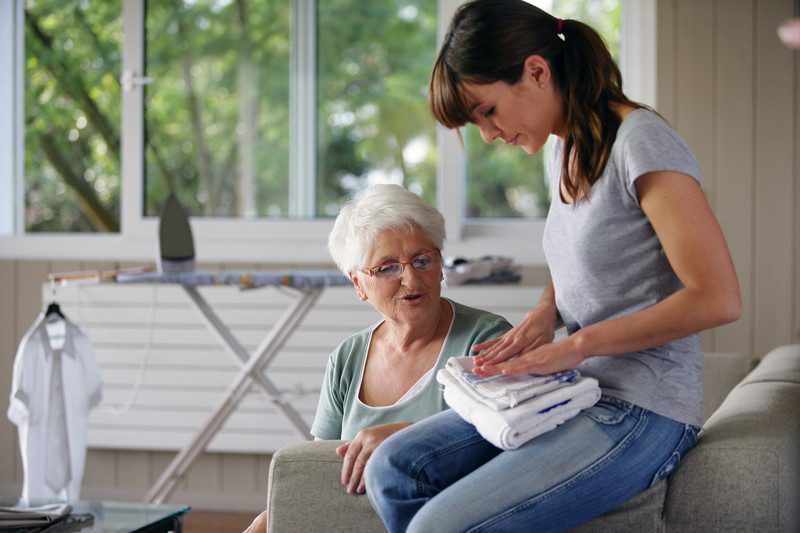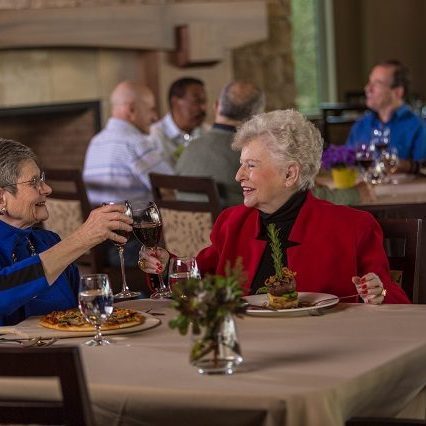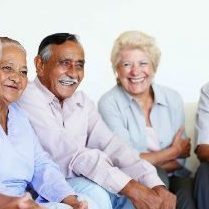 Here’s How to REALLY Help
Here’s How to REALLY Help
In the LBT community, and in the whole queerish community, we have a tradition of chosen family. This means we’re the ones responsible for the caregiving not only of our partners but also our friends. When a member of our community becomes sick or is injured, the natural tendency is to say “let me know what I can do” because, well, we want to know what we can do.
The problem with that well-intentioned but not always useful question/statement is that it puts pressure on the person who is having a hard time to think of something that they need, consider if it is an appropriate thing to ask you for, and then ask for it.
You can help your help be more helpful by offering specific suggestions of ways in which you could assist. If you’re not close, there are some things your friend may not be comfortable with you taking on, but there are tasks you can help with from the outer circle and, failing that, you can do things to support their inner caregiver’s circle.
You can support friends with time:
- Organize a caregiving team using simple technology like a google doc and reply-all email chains or through one of the commercial websites/apps like Lotshelpinghands.com or Caringbridge.com
- If your friend has mentioned needing help with fighting for governmental entitlements (disability, Medicaid, food stamps) ask if you they need help advocating or someone to go with them to appointments.
- Provide pet care: pet sitting during hospital visits, walks in the morning or at night. And if anyone in the house is immunocompromised (eg they are on chemo) they might need someone else to change the catbox as well.
- Help with laundry
- Help with childcare, especially if the kids involved already know you and can feel “at home” in your presence during a stressful time.
- Offer your negotiating and persistence skills to help argue with the hospital billing department, insurance company, etc.
You can support your friends financially:
- Sign up for, and pay the monthly bill for, a streaming movie service (For example Netflix, Hulu Plus, Amazon Plus). If you want to make it extra special, make a list of suggested non-intense, absorbing, non-disease related movies to watch. Hopefully, ones that move faster than Claire of the Moon.
- Gift cards can be an especially good way to show support, especially if it feels inappropriate to give cash. You can buy a gift certificate for a general restaurant delivery service (ie Seamless), a local pizza place (always good for feeding crowds), a chain drugstore, grocery delivery service, cleaning service, etc.
- Help organize a fundraiser, either online or a live event (with your friends’ permission of course) or an event honouring their contribution to the community that just happens to make some money, which will then go your friend.
- If you’re an artist or craftsperson or performer, donate an item or service to the friend’s online fundraiser to use as a gift or reward.
You can even help your friend even when you’re nowhere close to them:
- Make phone calls to local and national agencies (for example, the American Cancer Society) to find out what services they offer that might help your friend.
- Offer to be a person that either the sick person or the caregiver can text or call in the middle of the night for advice, to vent, or just to hear a warm human voice. This can be especially useful if you’re in a much different time zone since people are more likely to call if they don’t think they’ll be waking you up.
- Ask if they need some help researching health databases online. It can be hard to do the research for yourself or someone you are very close to, especially if the prognosis isn’t 100 per cent positive. Reading page after page of dire prognostic information isn’t fun but you can be the one to look for side effects to watch out for, possible novel treatments or clinical trials and this information can literally (in a real way) be lifesaving.
Finally, keep offering! Don’t disappear even if your friend is not able to take you up on the offer the first time. Keep in touch so that they know you will continue to be there, even when the illness is protracted or the injury takes a long time to recover from.





